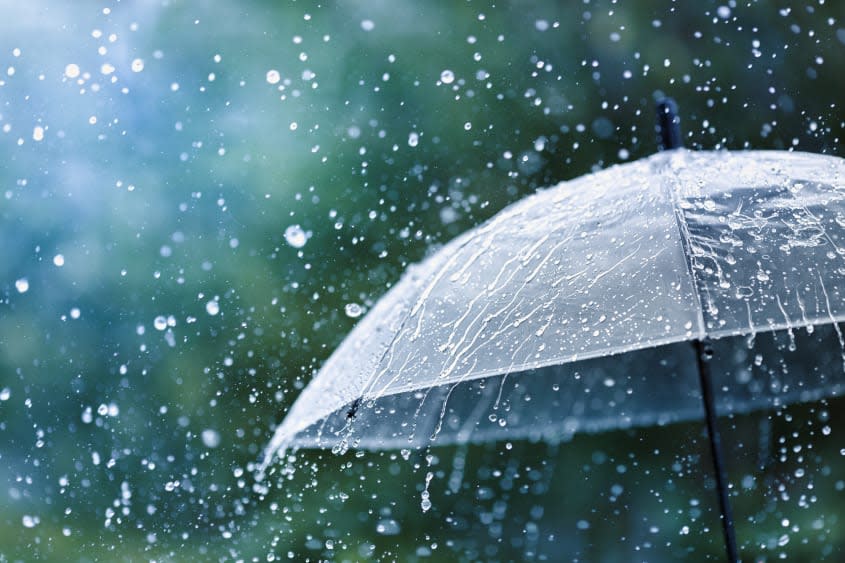How climate change is impacting the water cycle

Climate change has caused many ecological and environmental changes including more extreme weather, record-high temperatures and more risk of disease. However, climate change may have also altered the world's water cycle, which dictates rainfall.
What is the water cycle?
The water cycle shows the "continuous movement of water within the Earth and atmosphere" in which "liquid water evaporates into water vapor, condenses to form clouds and precipitates back to Earth in the form of rain and snow," according to the National Oceanic and Atmospheric Administration (NOAA). Rain is pivotal to human society, impacting the weather and agriculture, as well as streams and rivers.
The water cycle has been "extremely stable during … the past 11,700 years," but now "the damage runs deep, but it is still fixable," reported New Scientist. "We've allowed ourselves to think that water is simply something that comes back every year … and we can trust it," Johan Rockstrom, of the Potsdam Institute for Climate Impact Research, told the source. "We must recognize that … we're actually not able to trust the source anymore."
How has it been impacted?
Because of anthropological actions, the water cycle has been "intensifying," causing an "increase in both wet extremes, including more intense rainfall over most regions, and dry extremes, including drying in the Mediterranean, southwestern Australia, southwestern South America, South Africa and western North America," The Conversation stated.
The main reason is rising temperatures that, in turn, raise the "upper limit on the amount of moisture in the air," increasing the "potential for more rain," the source continued. "With those warmer temperatures, it impacts the rainfall patterns, which means through changes in circulation, instead of rain falling where it used to, it is now falling offshore," Dr. Samantha Burgess, the deputy director of the Copernicus Climate Change Service, told Euronews. Weather patterns are changing "more rapidly than we've seen in the past."
In addition, the United Nations declared a global water crisis. "We are draining humanity's lifeblood through vampiric overconsumption and unsustainable use," remarked U.N. Secretary-General António Guterres, "We've broken the water cycle, destroyed ecosystems and contaminated groundwater." In turn, there's "simply not enough fresh water left anymore," added U.N. General Assembly President Csaba Korosi.
What does it mean for the future?
Without limiting climate action, "both wet and dry extremes and the general variability of the water cycle will increase, although not uniformly around the globe," reported The Conversation. It's also important to stick to our "planetary boundaries," according to Rockstrom, which are "global life-support systems we must keep within certain limits to maintain a habitable Earth." Freshwater use is one of them. Warmer temperatures and poor land use have also impacted the land's ability to hold water, reducing the amount of "green water," which is essential to the water cycle. "When we have deforestation, we lose the green water flow."
"The land use has changed and somehow has decreased the possibility for the water to reach the ground," said Dr. Florence Habets, a research director at the French National Centre for Scientific Research, told Euronews. "If you keep some places where water can slowly infiltrate to the soil, some wetlands, let's say, this would be good." It's also important to keep warming to a minimum, as the impacts will only become more severe as global temperatures rise above 1.5 degrees Celsius, north of pre-industrial levels.
"We broke the hydrological cycle," Henk Ovink, the Netherlands special envoy for international water affairs, told New Scientist. "Now we have to bring it back."

